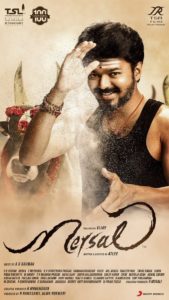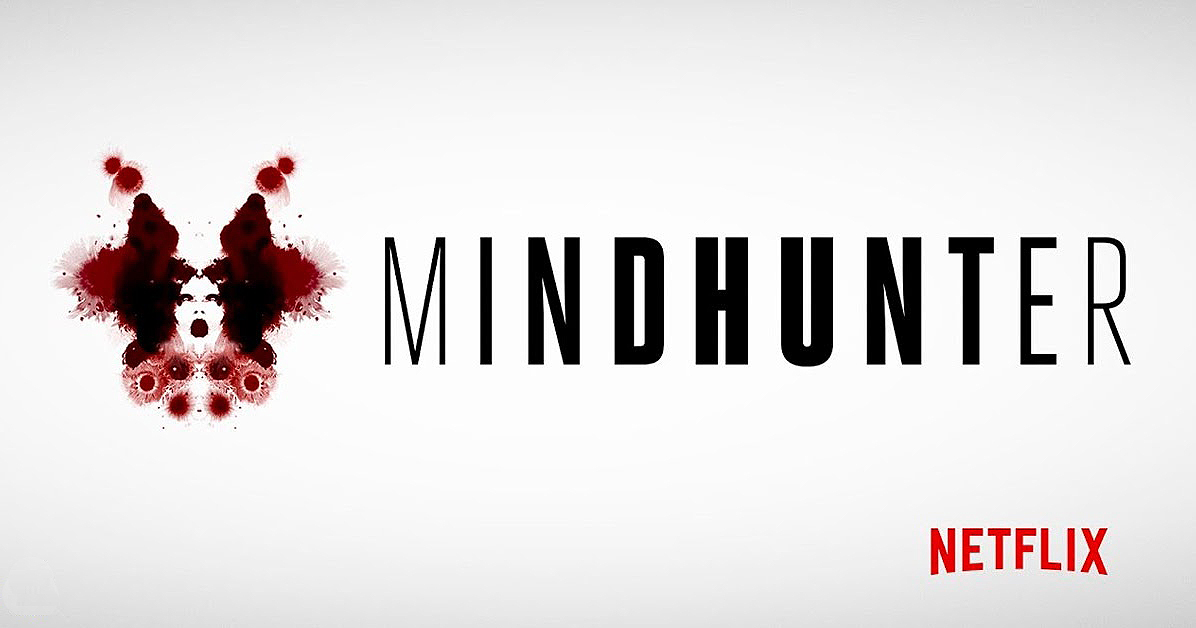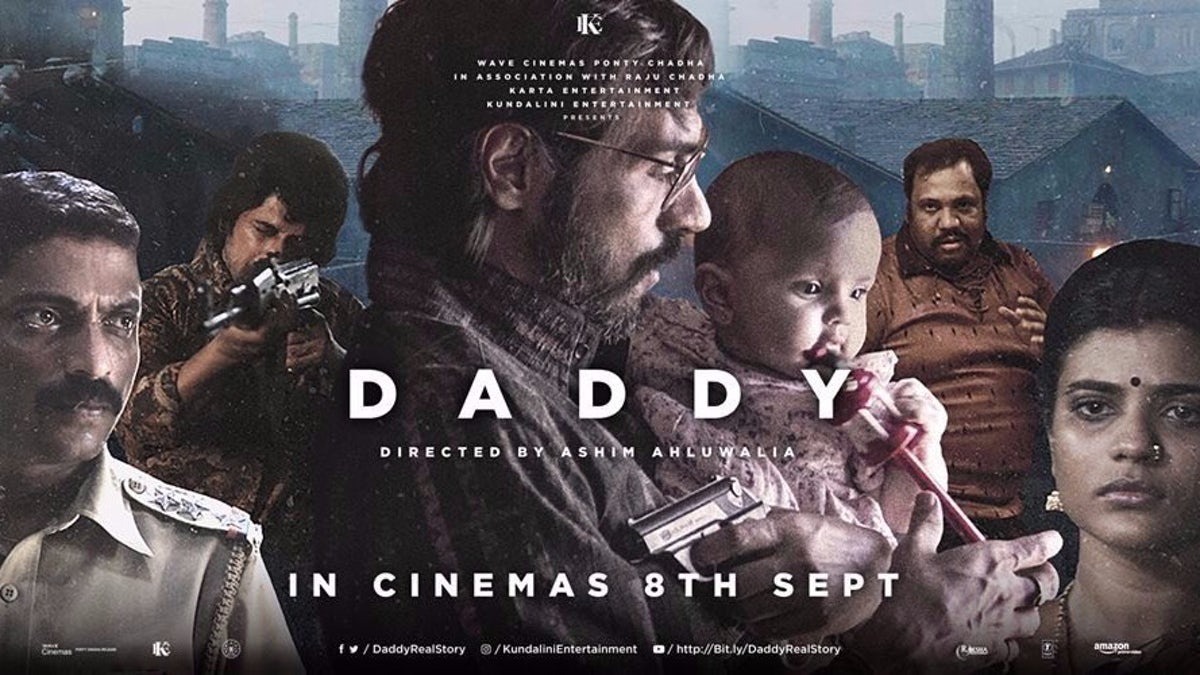
To begin with, I feel glad in confessing that my choice of movies is not governed by any lofty standards, nor by Rotten Tomatoes or by critical appreciation (or ingratitude) since there are examples of abstract works in Hollywood and India which have been positively received by audiences. Amid this wrangle between the pundits on the quality of cinematic expression comes a genre called the ‘Masala’ movies that were defined in the 70s & the 80s by the awesome Manmohan Desai (aka Manji) with a string of jubilee hits such as Amar Akbar Anthony, Suhaag, Naseeb, Coolie, Toofan, each an entertaining blockbuster that was devoid of logic and sensibilities, and which catapulted Amitabh Bachchan to the echelons of legendary status. Much as Manji believed in the art of making wholesome entertaining cinema, I too believe that the primary role of movies is to entertain the audiences and then perhaps branching off to other segments of realism or social messaging, and so on. If I had held a critical approach towards all movies, I would have
The Entertainment Begins!
[perfectpullquote align=”right” bordertop=”” class=”” cite=”” link=”” color=””]”Man has faith in 2 entities blindly. One is God, the other is a doctor. We tonsure our heads as a vow to God, but we trust a doctor with our life. That doctor should not go astray… A criminal should not be a doctor. Misdeeds happen everywhere, but in the medical field, it isn’t a mere misdeed. It is treachery. There is no forgiveness for that betrayal!”
– Vetri, from a scene in ‘Mersal’.[/perfectpullquote]
An oft-repeated narrative on the rampant corruption, especially prevalent in the medical fraternity of India in which ‘Mersal‘ (translated as ‘zapped’) delivers a strong signal at not just curbing the menace of the doctor-hospital-middlemen nexus but also drawing attention to the government’s apathy on clamping down on this vicious circle of evil. Caught in this inhuman vortex of moneymaking design are the hardworking, poor natives of Chennai and led with wretched indifference by a fellow doctor named Daniel Arockiyaraj (essayed by SJ Surya). In all the murk and malevolence, I’m introduced to a genteel Maaran (Vijay’s most engrossing portrayal in recent times) or the ‘Rs.5 Doctor’ as he’s lovingly called by locals for his humble dedication to the cause of healthcare for the downtrodden, no matter what the complication he’s content with his paltry sum of fees. But wait. No sooner has the audience settled with ‘Doc Maaran’ I also gather that he’s quite adept at magic? The deep anguish in the present-day Maaran has its roots set firmly in the 70s with ‘
If there was indeed a definition for ‘Masala’ cinema – one that effortlessly combines good music, delivers social messaging and laced with awe-inspiring action, then Mersal would easily fit in that list. There’s hardly a dull moment, the story moves rapidly without the usual cacophony in the emotional strife between the characters which we’re so accustomed to seeing, and oh the music by Rahman (my personal favourite would be ‘Aalaporaan Thamizhan’). Good heavens, this is one entertaining flick that left me ‘zapped’, and need I say that its director Atlee would have surely made Manji smile!


